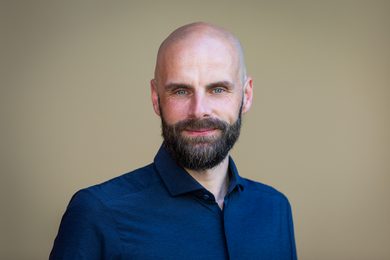People
Faculty
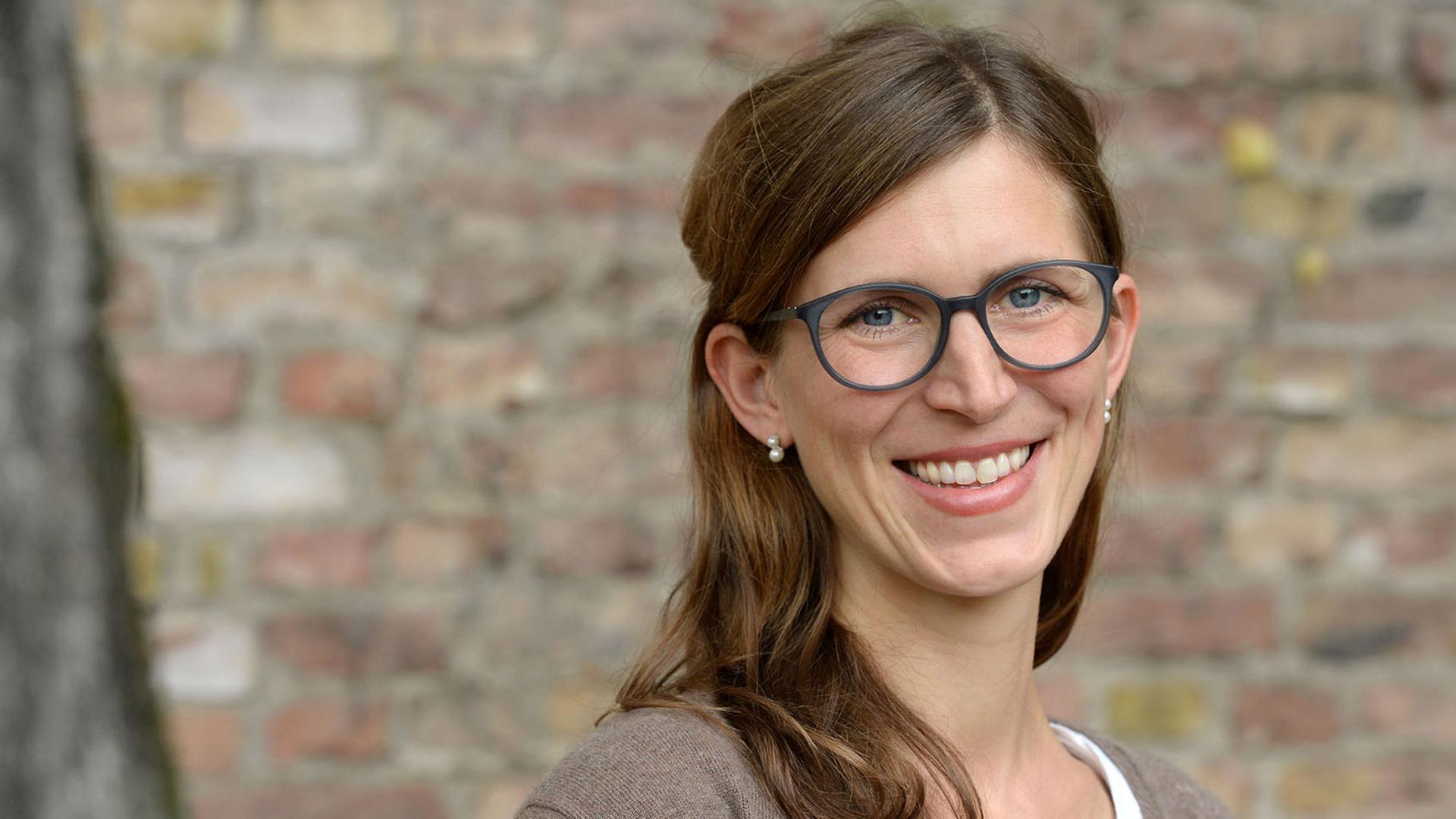
Lena Hipp
Head of the Work & Care research group at the WZB Berlin Social Science Center and professor of Social Inequality & Social Policy at the University of Potsdam. Researchess social inequalities related to paid and unpaid care work and relies on a broad spectrum of methods and data, including survey, experimental, and digital data.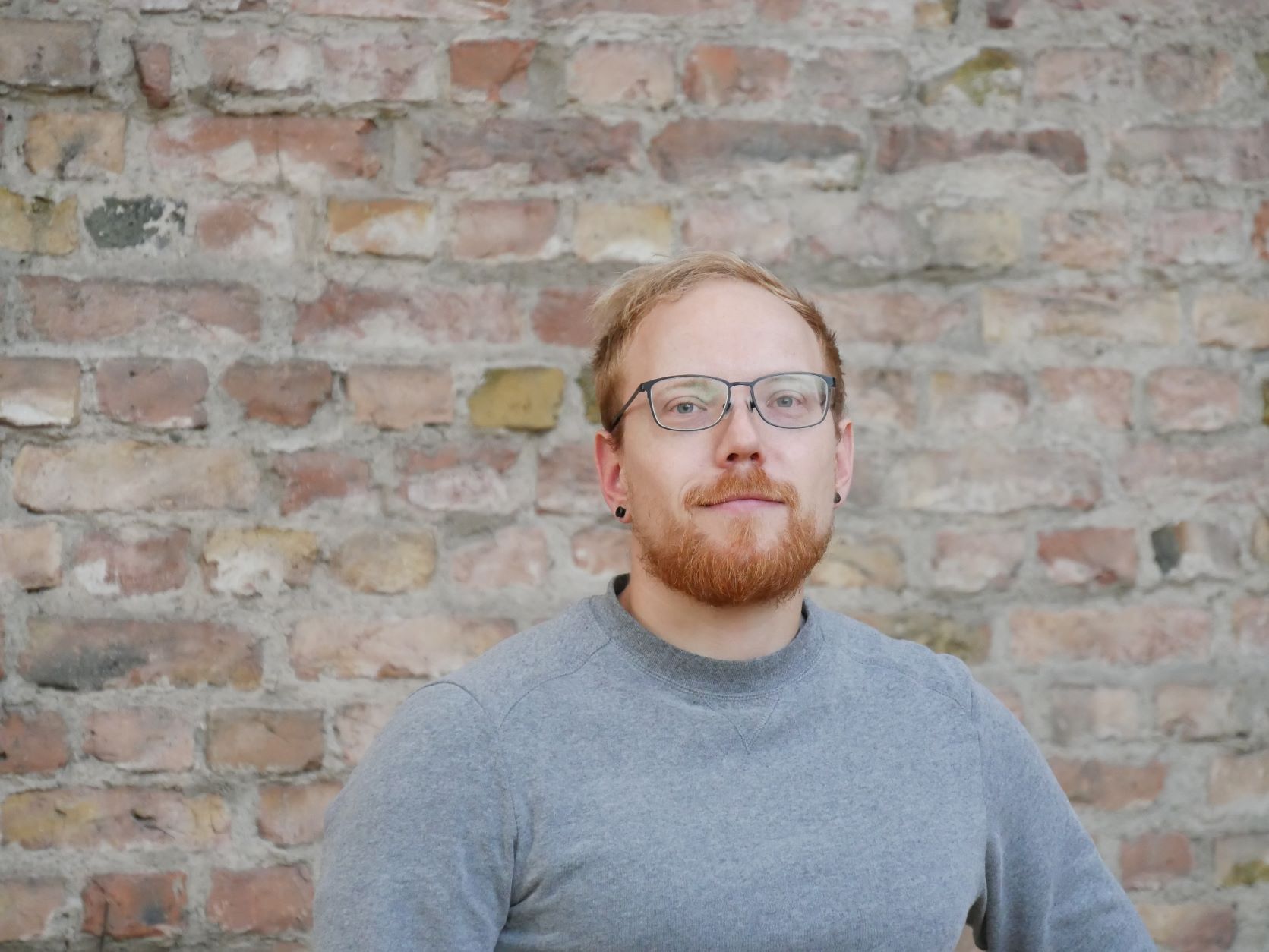
Stefan Munnes
Sociologist and research fellow in the Work & Care research group at the WZB Berlin Social Science Center. Interested in all kinds of social inequalities, currently researching gender inequalities and antisemitism. Furthermore, mainly engaged in computational methods, such as (automated) text analysis and graphical illustrations. Likes to share this knowledge and ask new questions and work through challenges in a team. ast year, he participated in SICSS Lisbon.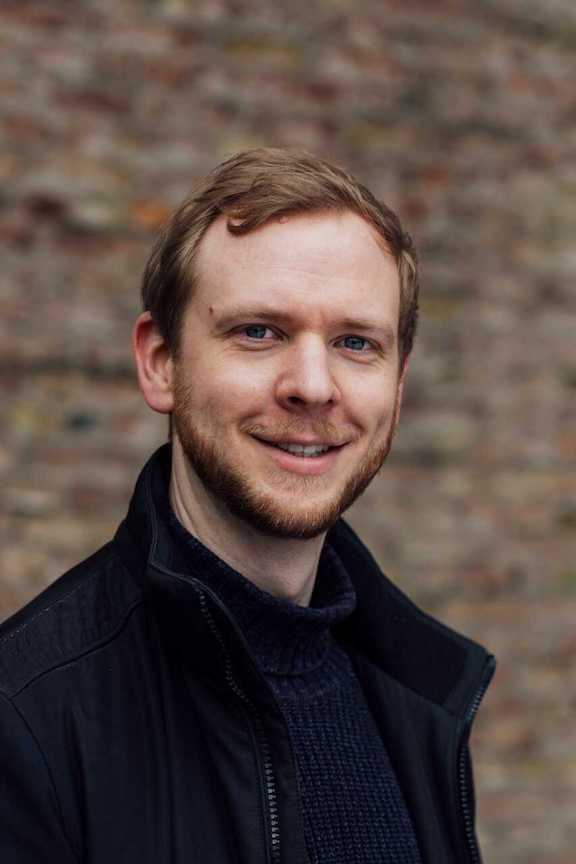
Armin Sauermann
Armin Sauermann is a researcher at the WZB Berlin Social Science Center. He recently completed his Sociology Masters at the University of Potsdam and will pursue his PhD. Armin analyzes large-scale observational data and is learning to collect and analyze internet-based data to study group processes and political extremism. Last year, he participated in SICSS Helsinki.Speakers
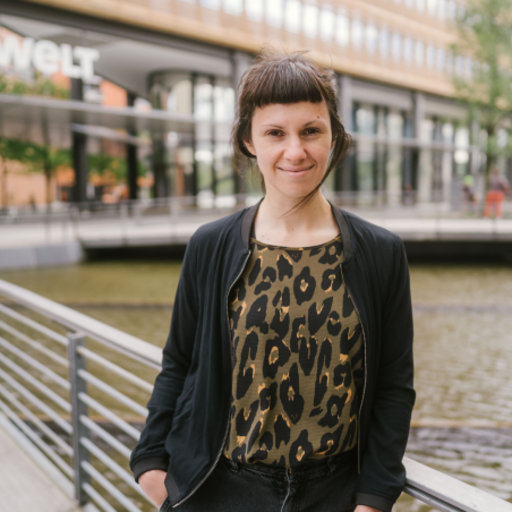
Helena Mihaljevic
Helena Mihaljević is a mathematician by training and professor of Data Science at the Berlin University of Applied Sciences (HTW Berlin). Her research focuses on analyses of data and technologies, typically applying methods from machine and deep learning, natural language processing and statistics. She works in inter- and transdisciplinary projects that involve algorithmic methods and large data sets for the analysis of social or political phenomena, or projects that investigate the effect of data-driven and usually opaque algorithmic technologies on societal developments. She is interested in algorithmic detection and analysis of conspiracy theories and antisemitic speech in texts from online and social media. 03/07 Exploring the Benefits and Challenges of Automated Classification of Political Short Texts: A Case Study of Conspiracy Theory and Antisemitic Narratives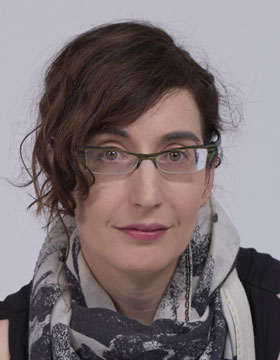
Elizabeth Bruch
Elizabeth Bruch is an Associate Professor in Sociology and Complex Systems at the University of Michigan, and an External Faculty member at the Santa Fe Institute. From 2017-2020, she led the Computational Social Science Initiative at the University of Michigan. Starting in 2023, she will be the Social Science Associate Director for the Michigan Institute for Data Science. Her research focuses on the quantitative study of human behavior, and what it implies for larger scale social patterns. 04/07 Competition in Online Dating Markets
CorrelAid
Sebastian Zezulka is a PhD student in the reserach group "Epistemology and Ethics of Machine Learning" in the Cluster of Excellence "Machine Learning for Science" at the University of Tübingen. His work focuses on methodological questions of fair machine learning, bringing together insights from philosophy of science, evidence-based policy making, and machine learning. In 2017, an internship brought him to CorrelAid. After working in the project team and the local chapter Stuttgart, he was board member for education in 2022. Since the end of 2022, he acts as the chair of the board of CorrelAid. CorrelAid is a non-partisan non-profit network of data science enthusiasts who want to change the world through data science. They dedicate their work to the social sector and those organizations that strive for making the world a better place. 05/07 Data4Good - data science with and for non-profits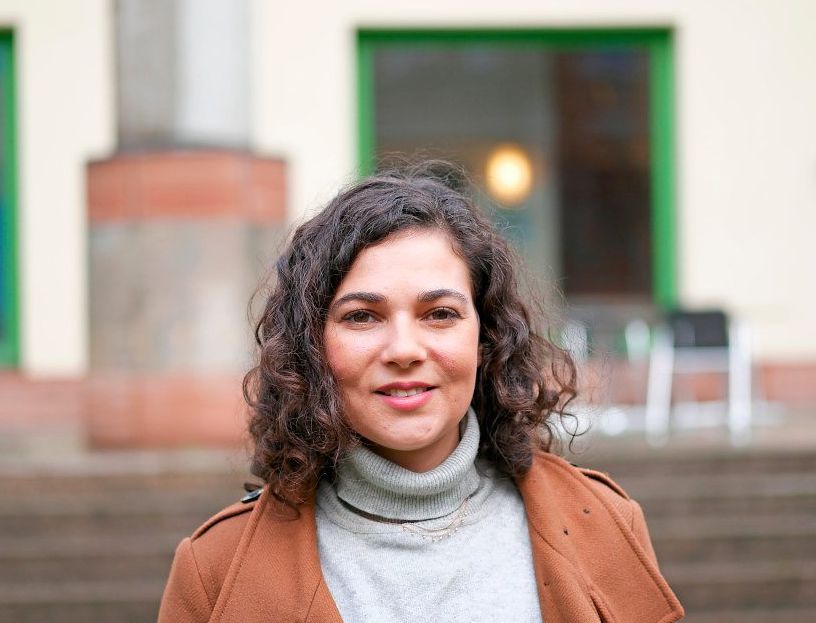
Sophia Hunger
Sophia Hunger is professor of Computational Social Sciences at the University of Bremen and research fellow at the Center for Civil Society Research. Until April 2023 she was a postdoctoral researcher at the Center and involved in a research project on protest and political radicalization in Germany, after receiving her doctorate from the European University Institute in 2020. Her research focuses on protest movements, political engagement, party competition, political communication, and applied quantitative methods, particularly quantitative text analysis and automated event extraction. Currently, her largest methodological undertaking is the automatization of Protest Event Analysis with cutting-edge methods in order to facilitate research on how protest shapes and affects modern societies. She is furthermore interested in developing new methods to measure positions, polarization, and resonance in political communication and public debate. 06/07 Automatic protest event analysis